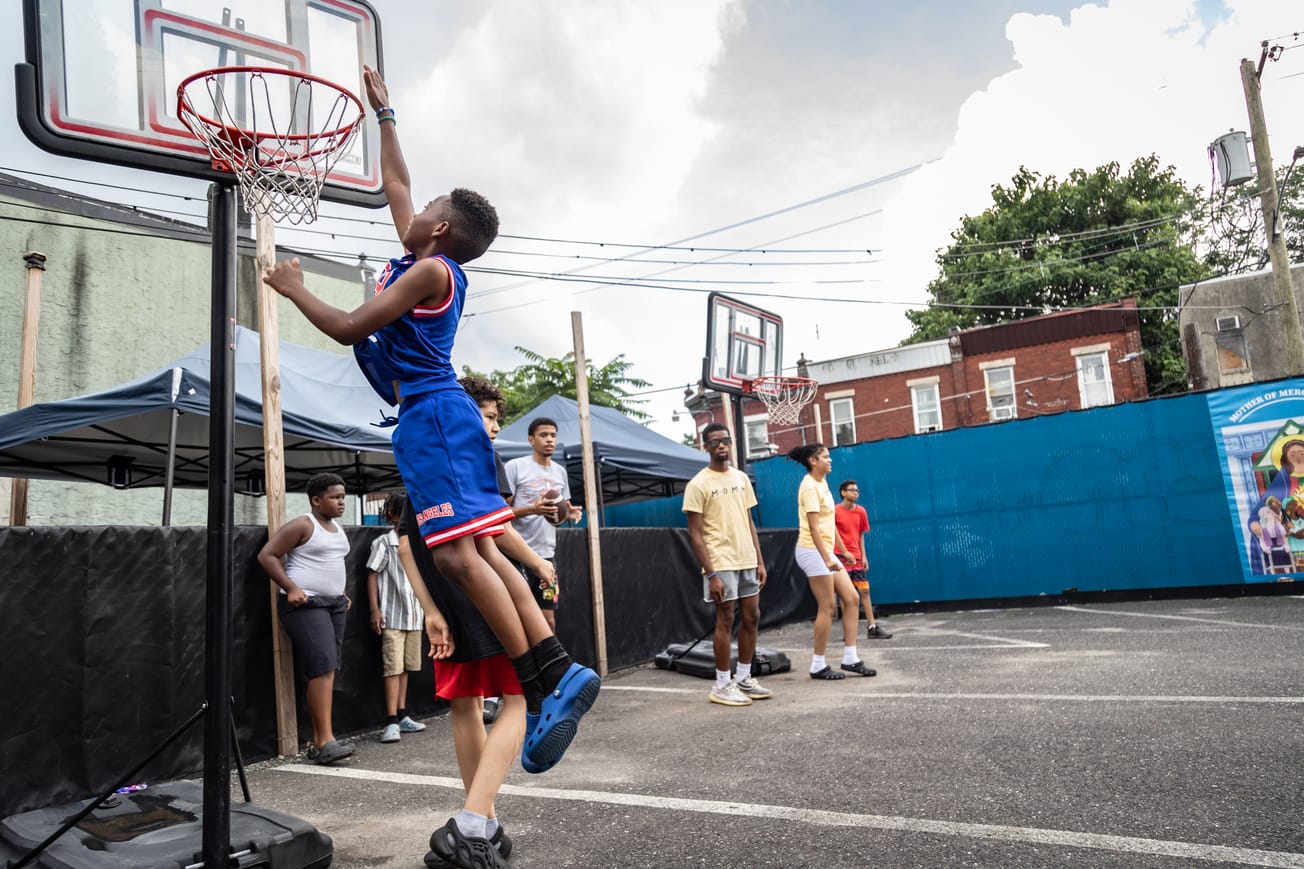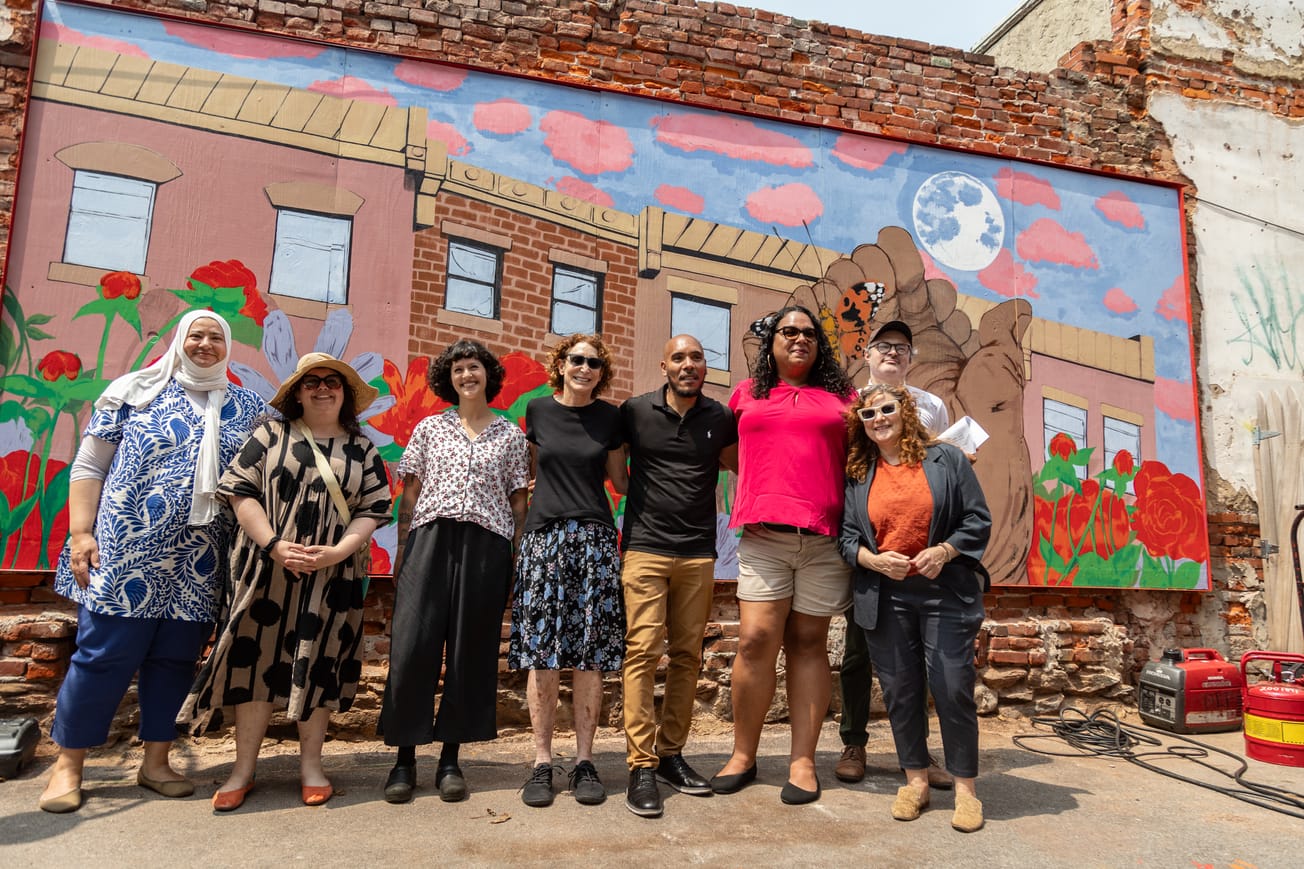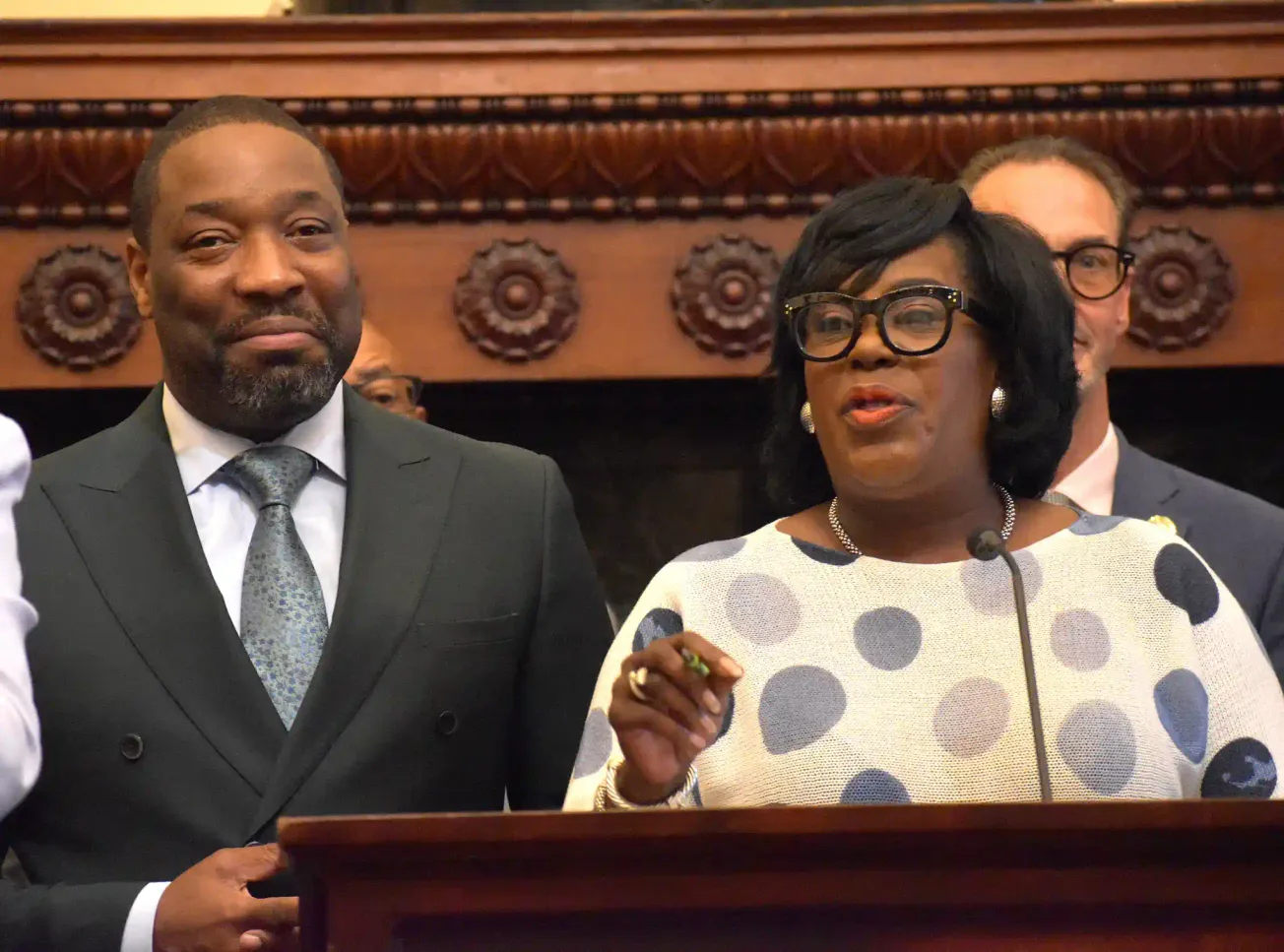Up until last week, Lawrence Williams spent his winter couch-surfing across North Philadelphia with his elderly mother. But as of Monday, newly discharged from the hospital after recovering from a stroke, he found himself alone. The reason? His mother was worried that he had been exposed to the COVID-19 virus while in the hospital — and could potentially transfer it to her.
“‘I’m the perfect person to be a victim,’” Williams said his mother told him over the phone. “‘I’m sorry — I can’t do it.’”
COVID-19 is a novel strain of the coronavirus, a respiratory illness that was first discovered in December in Wuhan, China. Since the World Health Organization declared COVID-19 a pandemic on March 11, cases have spread internationally and to all 50 states. As of Saturday, there were 67 confirmed cases in Philadelphia and 371 confirmed cases in Pennsylvania.
People experiencing homelessness are twice as susceptible to the virus as the general public, due to cramped living conditions and lack of access to healthcare, according to The New York Times. As a result, some are refusing shelter or assistance from outreach workers, said Robert Rivera, an outreach worker for Project HOME.
“It’s a mess — a very big mess,” said Rivera, whose Kensington outreach shift was canceled on Tuesday amid concerns about COVID-19. “Each and every day, they don’t got nowhere to turn, and I try to put them into the shelters and they go, ‘Oh, no, no, no, I don’t want to go in there.’”
According to Mike Dunn, the city’s senior deputy communications director, the city is developing plans for housing should separating people who are sick and experiencing homelessness become necessary. However, he said that to safeguard the privacy of those who may test positive, the city will not be announcing specific locations or details at this time.
As of March 21, Philadelphia has yet to publicize any positive cases of COVID-19 in its homeless population. But fear is not unwarranted, as New York City recorded seven positive cases in its homeless population as of Thursday evening, according to The Washington Post. So far, New York state has the most positive cases of COVID-19 in a single state, totaling 6,834.
Now, Philadelphia outreach workers are faced with a twofold question: How can they respond to the concerns of people experiencing homelessness by continuing to ensure access to food and shelter, without simultaneously placing them in breeding grounds for disease?
“It’s a tough call,” said Adam Bruckner, director of Philly Restart, a nonprofit meal and ID service that assists patrons on the Benjamin Franklin Parkway each Monday near Washington Monument Fountain. “We don’t want to be a transmission spot, but folks need food.”
Facing fears, Bruckner and a crowd of about fifty hungry guests attended the meal on Monday. Bruckner personally squirted a dollop of hand sanitizer into each guest’s hand before serving the meal.
“I believe that as long as I bathe and wash my hands at all times possible, I should be fine,” said Daniel Sims, a guest at Monday’s meal who said he is currently experiencing homelessness.
“I keep my hands clean — I use soap,” said Ray Kelly, another guest. “I think it’s a plague.”
Regardless, Kelly’s knowledge of the severity of the virus did not dissuade him from attending the meal on the Parkway. When it came to finding a meal on Monday, Kelly said he had few other — if any — places to go.
Bruckner’s sentiments about the continued need to feed people were echoed by other stakeholders in the homeless outreach community, including Jeremy Montgomery, director of Sunday Breakfast Rescue Mission, the largest men’s shelter in Philadelphia to serve guests three meals a day.
“At one level we want to stop an outbreak,” Montgomery said. “The other level, we still need to feed people. Hunger can be just as devastating to a vulnerable population that lives on the street.”
According to Montgomery, he and his team have implemented social distancing measures at the shelter. For example, they have eliminated unneeded beds to create a six-foot distance between emergency shelter beds in their one-room dormitory. They’ve also lined beds up head to toe, rather than head to head.
While the shelter will continue to serve three meals a day to registered shelter guests and long-term residents, they are not permitting ‘walk-in’ guests to attend the dine-in meal and are instead handing out brown bag meals to the general public at dinner only.
They are also no longer taking assistance from volunteers or food donations from restaurants, which Montgomery said places a larger workload on the shelter’s employees and chefs.
The growing fear of the disease combined with Philadelphia’s spurt of warmer weather has resulted in fewer guests seeking refuge at Sunday Breakfast, which has allowed them to implement these measures without yet turning away people in need.
However, shelter numbers have already risen as of this week, Montgomery added, and he predicts shelter numbers will continue to grow as more of Philadelphia’s low-income residents lose their jobs as a result of layoffs because of the disease.
“This is still evolving day by day,” Montgomery said. “By the hour, we are implementing more and more of that as we are able to do so practically and realistically.”
Sunday Breakfast is also preparing to transition their meals to bagged lunches, which they will distribute from the Pearl Street entrance of their building if city requirements grow more extreme. However, from a public health standpoint, he hopes to prioritize sit-down meals that offer guests the opportunity to wash their hands and eat from clean plates and silverware for as long as possible, Montgomery said.
Eventually, Sunday Breakfast hopes to bring back public meals once the city permits them to do so safely, Montgomery said. For now, they will continue to serve as many guests as possible while adhering to food distribution limitations and the six-foot social distancing requirement in the sleeping space.
“The general populace, if they’re told that they feel like they’re sick, what’s the advice? ‘Stay home,’” Montgomery said. “To someone homeless, or perhaps a guest in our shelter, they don’t have that luxury.”
Translator: N/A / Editor: Jillian Bauer-Reese / Designer: Jillian Bauer-Reese
Kensington Voice is one of more than 20 news organizations producing Broke in Philly, a collaborative reporting project on economic mobility. Read more at brokeinphilly.org or follow on Twitter at @BrokeInPhilly.






